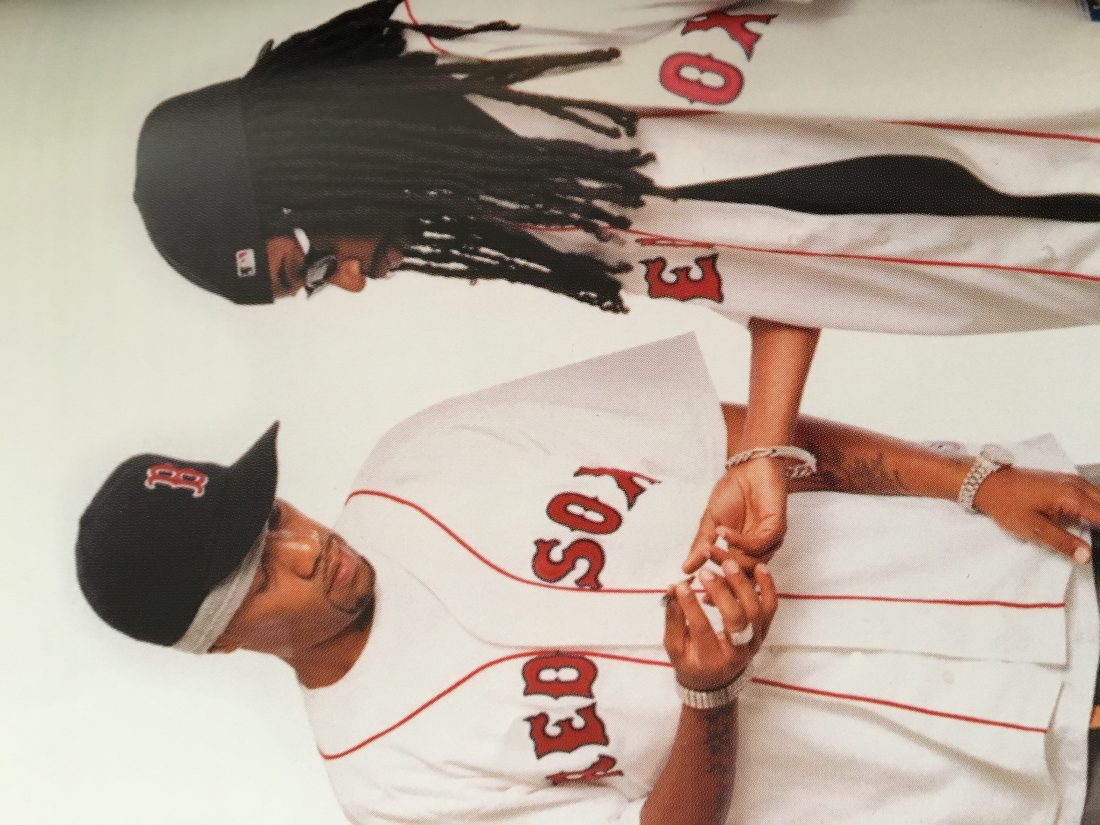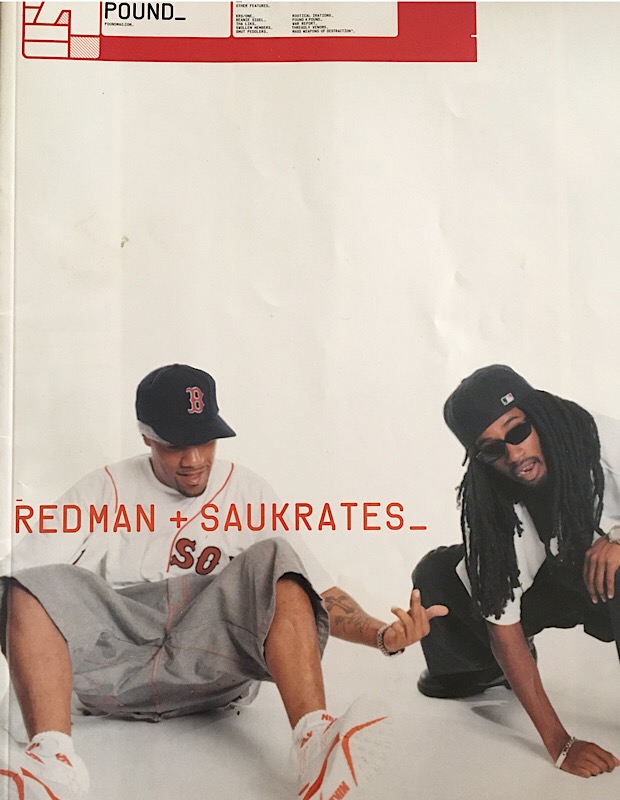The largest divide between the younger and older generation of Hip Hop artists is the sheer barriers to entry that the OG class had to overcome to become notable names in the industry. In a landscape that predated online streams and even easy-to-set-up studios contained within a MacBook, artists had to work traditional “played out” media streams (radio, physical networking) and print media. Even the ownership of Music was more cumbersome, as the price of a Tidal subscription wasn’t even enough to purchase one album, making music purchasing decisions so strategic.
This was the climate that birthed my love of Hip Hop as both a listener and—in my pre-journalism days—as an artist. My need to have the newest and greatest music bred an obsession with mixtapes, which I made taping College radio stations in the wee hours of the morning weekly. As a Canadian, I found myself listening to the golden era line-up of Toronto artists who were holding it down, but the lack of industry here was apparent. The “6” was far from on the map to the degree it is today, so any artist with love south of the border was a big deal.
While artists were touring and making decent bank, there wasn’t yet a Drake to prove worldwide domination. While there had been a few exports only a handful had managed to blend themselves seamlessly into the playlist of golden era playlist across the border. One of these artists was Saukrates; Big Soxx was the artist who made me want to take this shit serious.
His record “Hate Runs Deep” remains as one of my fave songs ever.
In 1997, he released an EP called Brick House, which featured verses from Chicago rhymer Common, Juice Crew alumni Masta Ace and “Time’s Up” rapper OC. While the rapper suffered label issues, he managed to release a proper debut LP in 1999 and reach a deal with Def Jam by way of GILLA House (owned by Redman) in 2000.
Redman is—and always has been—in my top 3. Seeing Soxx taken under Red’s wing, appearing alongside him on Much Music, and on the cover of Pound, was the most inspirational shit ever.


It made me feel like a Toronto artist could earn respect and a decent living for straight up rhyming his ass off—without selling his soul.
Soxx was plagued with setbacks but has still managed to release a super dope body of work, and his production work is also super commendable. If you haven’t given him a full listen, do it; also, if you’d like to get to know him better—check out my interview with him from a few years back.
Salute Big Soxx, an artist who made me wanna do this!






